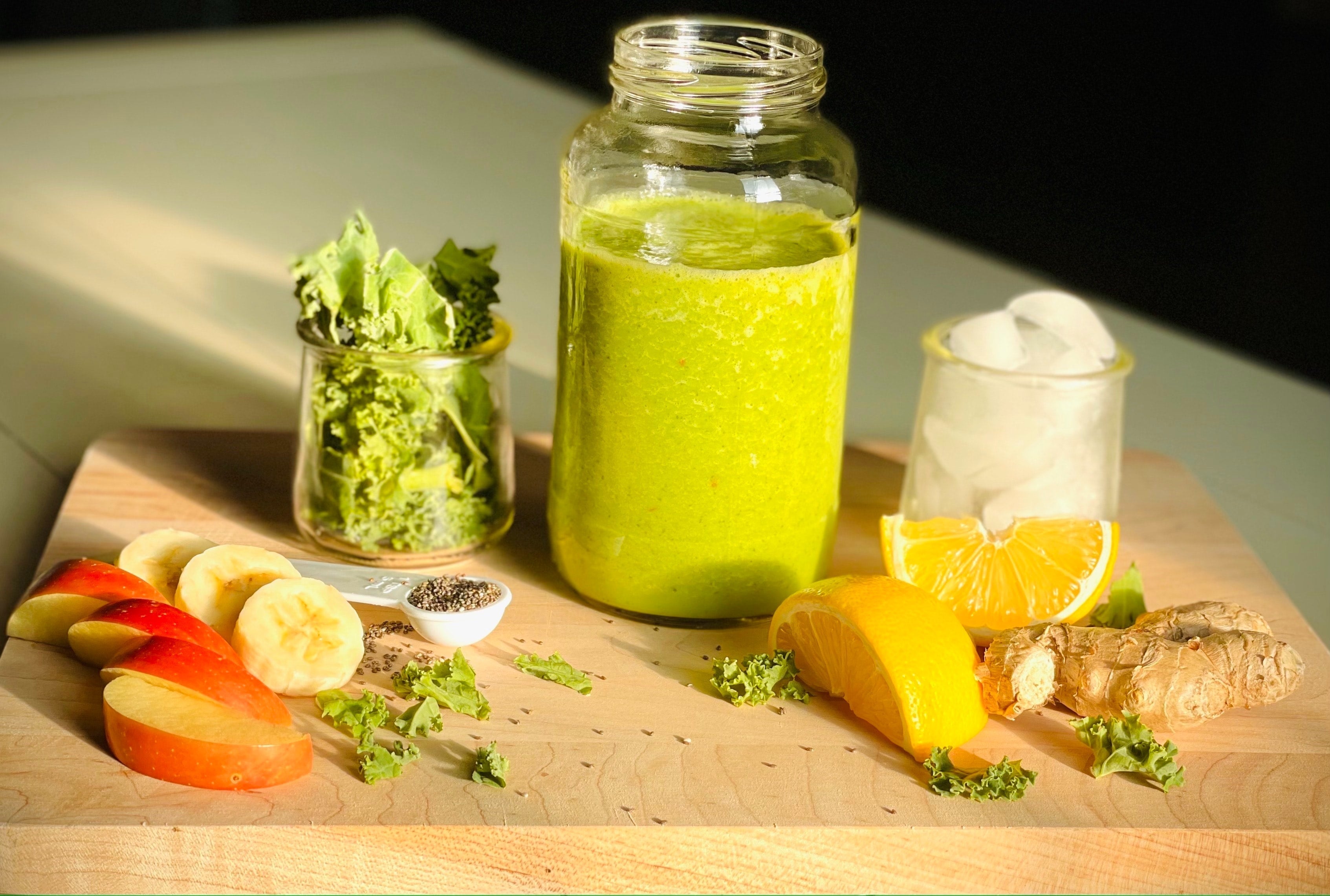Whether it’s a lifestyle or dietary intervention, Vegan diets can have powerful and beneficial effects on your health. According to Sylvain Charlebois a professor of Food Distribution and Policy at Dalhousie University, the majority of Canadian Vegetarians and Vegans (63%) are under the age of 35 which solidifies the fact that Plant Based diets are becoming a bigger part of society for years to come.
If you’re looking to follow a Vegan diet as a dietary intervention or looking to make this a longer-term lifestyle change, then there are things to consider to optimize your vegan diet.
Let’s look at ways we can optimize your Vegan diet and avoid any deficiencies that can occur.
Eat real food.
One of the first things to consider is the quality of your food. With the growing vegan and plant-based population, the food industry has ramped up its access to whole foods but unfortunately, we’ve also seen the jump in processed foods that are marketed as “Vegan Friendly”.
While processed foods can be Vegan, they can also be void of nutrients and high in calories. Ensuring that most of your food intake come from vegetables, legumes, fruits and root vegetables is important to optimizing your health while following a plant-based diet.
Combine your proteins.
Since plant proteins are often low in methionine, tryptophan, lysine and isoleucine, you’ll have to increase your protein intake while combining plant-based protein sources in order to consume a meal with a full amino acid profile.
For example, rice may be higher in lysine but lacks methionine while beans are high in lysine but low in methionine. However, combining rice and beans together and you’ve got yourself a complete protein with a complete amino acid profile.
Earlier, we mentioned that processed foods should be limited, but there are some foods worth making an exception for. One exception is plant-based protein powders. Options like pumpkin seed, brown rice and pea protein offer a full amino acid profile while providing higher protein at each sitting without raising carbohydrate and fat intake along with it.
Increase your Vitamin D Intake.
Whether your vegan or not, Vitamin D deficiency is very common in today’s age. Ensuring daily sun exposure while consuming foods with higher in Vitamin D is one way of ensuring sufficient Vitamin D intake.
One excellent vegan source of Vitamin D2 are mushrooms (opt for ones that have been exposed to UV light). Since sun exposure can be influenced by geographical location and skin tone, one way to ensure Vitamin D status is maintained is through supplementation.
Although Vitamin D3 is considered the more potent type of Vitamin D, Vitamin D2 can still be an effective way of raising calcifediol in the blood (this is the end product that the liver metabolizes D2 and D3 into).
Make sure to opt for high quality supplements that offer Vitamin D2 in them and/or a Vegan multivitamin like Vegan Easymulti or Vegan Prenatal Easymulti from Platinum Naturals which uses high quality Vitamin D2.
Increase Intake of Omega-3 fatty acids.
It’s always good practice to incorporate a variety of oils into your diet as different oils contain different nutrient and antioxidant profiles, but when it comes to EPA and DHA intake, one oil is superior. Flax seed oil may lack EPA and DHA but it has the ability to convert ALA into DHA and EPA through enzymatic action.
Not only is flaxseed oil the richest plant-based source of omega-3’s but it’s also rich in a-linolenic acid (ALA) and anti-oxidants like Vitamins A, C and E. It also happens to be one of the oldest crops having been cultivated since the beginning of civilization.
Incorporating flax oil into your olive oil in salads is one way to increase flax seed oil intake while enhancing the nutrient intake of your vegetables. As a general rule, avoid heating or cooking with flax oil as it is very unstable in higher temperatures. For a more therapeutic amount of flax oil, consider supplementation.
Supplement with Vitamin B12
Vitamin B12 is an important factor in red blood cell replication, energy production mood and adrenal fatigue which is why addressing any potential deficiencies is important. Since B12 is involved with so many functions in the body, its effects can manifest itself in so many ways including oxidative stress, mood, cognitive health and joint pain. Supplementing with a B-Complex or a Vegan Multivitamin like Easymulti Vegan from Platinum Naturals can help with B12 deficiencies.
Monitor Iron Levels
Including iron rich food sources like lentils, pumpkin and spinach are great ways to round your micronutrient intake from food, but in some cases, supplementation may be needed if intake of these foods are low or your body is not absorbing iron efficiently enough.
Deficiencies can reduce red blood formation and can lead to anemia. Symptoms of iron deficiencies can lead to fatigue and weakness. Look for supplements that use iron bisglycinate, which is 4.5x better absorbed than most other forms of iron. The good news is that vegan iron sources exist and can be found in things like our Easymulti Vegan and Prenatal Easymulti Vegan
At Platinum Naturals, we’re not looking to simply create “Vegan Friendly” supplements. Instead, we’re looking to formulate supplements for Vegans and fill in the nutritional gaps that vegans may face. With that being said, individuals needs will differ as eating habits and food intake vary. Always consult a healthcare practitioner to find out what nutrients you may be lacking in your diet.
Flax Seed Oil - Flax and flaxseed oil: an ancient medicine & modern functional food
Nutrient Absorption - Bioavailability of tomato polyphenols is enhanced by processing and fat addition: Evidence from a randomized feeding trial
B12 Oxidative Stress - Vitamin B12 in Relation to Oxidative Stress: A Systematic Review







